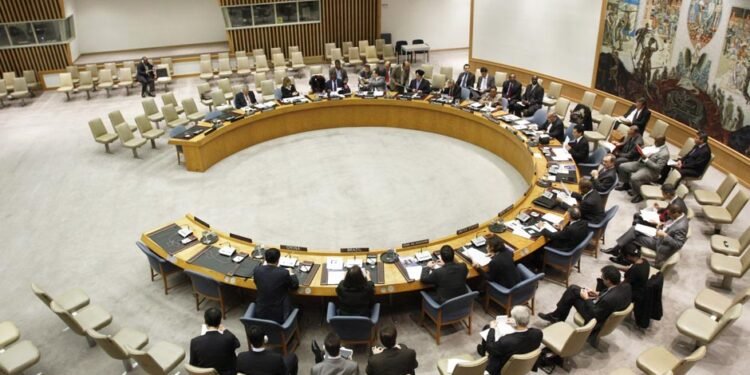International diplomatic relations often bring to mind images of high-profile summits, state visits, and televised negotiations between world leaders – however, behind these public displays of professionalism lies a complex network of individuals whose work is crucial to maintaining and enhancing global relations. These key people operate behind the scenes, ensuring that international communication runs smoothly and effectively – so here’s a look at just eight of the essential figures in the world of diplomacy who play vital roles behind the scenes.
Diplomats and Ambassadors
Diplomats and ambassadors are the frontline representatives of their countries in foreign nations, and they are responsible for managing missions, which include embassies and consulates. Ambassadors, often appointed by their nation’s leader, serve as the leaders in host countries, fostering bilateral relations, negotiating treaties, and representing their home country’s interests. Career diplomats, on the other hand, typically rise through the ranks of their country’s foreign service and handle a variety of tasks, from political reporting to cultural exchange programs.
Foreign Service Officers
Foreign Service Officers (FSOs) are the backbone of any diplomatic mission and specialize in different areas, such as political affairs, economic affairs, consular services, public speeches, and management. FSOs analyze political developments, report on economic trends, assist citizens abroad, promote cultural and educational exchanges, and manage the day-to-day operations of embassies and consulates; their work ensures that their home country remains informed about developments abroad and that its interests are effectively promoted and protected.
Policy Advisors
Policy advisors are experts who provide strategic advice to diplomats and government official, and they analyze international trends, assess risks, and develop policy recommendations. These advisors often have backgrounds in global relations, economics, law, or regional studies and are adept at understanding the complexities of global issues – and their insights help shape foreign policy decisions and strategies.
Interpreters and Translators
Language barriers can pose significant challenges in diplomatic relations. Interpreters and translators play a crucial role in bridging these gaps, ensuring accurate communication between parties who speak different languages. Interpreters, like those at Languages in Motion, facilitate real-time communication during meetings, negotiations, and conferences, while translators work on written documents such as treaties, agreements, and correspondence. Their work requires not only linguistic skills but also a deep understanding of cultural nuances and protocols, as you’ll see on the LiM website: https://www.languagesim.com/certified-translators-calgary/
Protocol Officers
Protocol officers are responsible for managing the formalities and etiquette of diplomatic engagements. They ensure that certain events, such as state visits, official dinners, and international conferences, run smoothly and adhere to established protocols – understand that this includes organizing logistics, coordinating with security teams, arranging seating plans, and ensuring that cultural and national traditions are respected. Their meticulous attention to detail helps prevent any faux pas and fosters a respectful and harmonious atmosphere during global interactions.
Consular Officers
Consular officers provide essential services to citizens abroad and foreign nationals seeking to visit or immigrate to their country; these important figures issue visas, assist with passport renewals, provide aid in emergencies, and offer guidance on legal and administrative matters. Their work is critical in protecting the rights and interests of citizens overseas and in facilitating international travel and migration.
Economic Officers
Economic officers focus on promoting their country’s economic interests abroad. They monitor and report on economic conditions, negotiate trade agreements, and work to attract foreign investment; they also address issues such as intellectual property rights, regulatory environments, and market access. Their efforts help build strong economic ties between countries and support their nation’s economic growth.
Military Attachés
Military attachés are representatives of their country’s armed forces within a diplomatic mission, and these integral leaders manage military-to-military relations, gather intelligence, and advise on defence policy. Their presence helps strengthen defence cooperation and provides valuable insights into the host country’s military capabilities and strategic intentions.
From Foreign Officers to Translation Services
While world leaders often take center stage in international diplomacy, the success of overall relations hinges on the hard work and expertise of many behind-the-scenes professionals. Diplomats, foreign service officers, policy advisors, protocol officers, consular officers, economic officers, military attachés, and interpreters in Canada each play indispensable roles in fostering and maintaining global relations. Their collective efforts ensure that everything functions smoothly, facilitating cooperation, understanding, and peace between nations; recognizing and appreciating the contributions of these vital contributors gives us a deeper understanding of the complex and vital nature of global relations.












